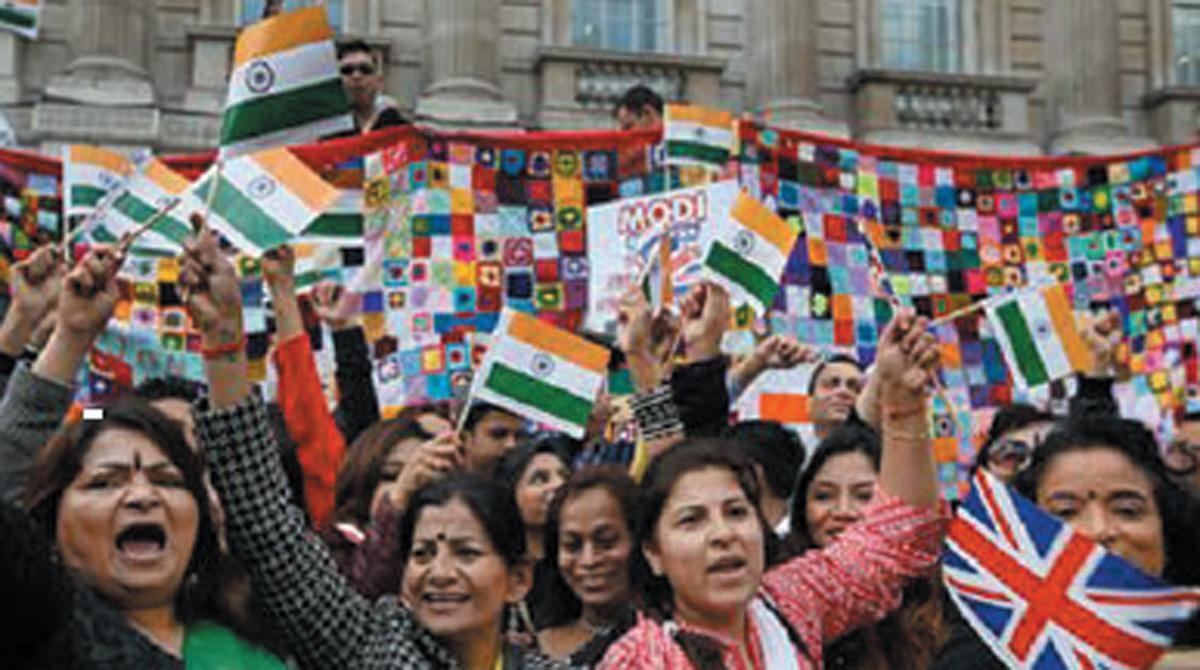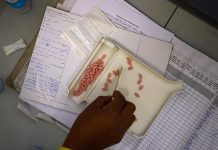Dr R. Neerunjun Gopee
Africa-Press – Mauritius. What is now known as the global Indian diaspora refers to people of Indian origin who live outside India and whose forbears came originally from India.
Whereas historians have recorded that Indians have travelled out of India since ancient times – vide, for example, the book ‘Land of the Seven Rivers’ by Sanjeev Sanyal –, it is only comparatively recently that they started to settle overseas.
The ‘Great Experiment’ that brought Indian indentured labourto Mauritius is one such movement that mobilized about 700,000 workers, about half of whom returned to India.
Subsequently, indentured workers were taken to other British colonies – South Africa, the Caribbean, Guyana, and Fiji. In all these countries, there are national commemorative events that are held on specific days to honour the ancestors.
Locally it is the well-known Aapravasi Ghat Day celebration on 2nd November which had to be fought for valiantly by Shri BeekrumsingRamlallahbefore there was official recognition and initiation of the annual event.
Why commemorate?
It is important that we remember the contribution of those without whose toil and sweat we would not be where we are today. Cushioned as we are by the comforts and temptations of modern life, we may find it hard to imagine what they went through.
Indeed, it is a sad reflection on contemporary times that evils such as drug addiction and other social ills have taken such a hold that we have lost all notion of the values that sustained our ancestors, have no shame, and have lost our self-dignity without which there can be no meaningful life.
We need to be jolted out of this stupor into which we have fallen, and there can be no better way to do so than to be reminded of the inhumanity that was meted out to our ancestors.
One example is, as recorded in a petition by De Plevitz(re: Select Documents on Indian Immigration, Vol 1, MGI), concerning one Aubeluck, No. 268,683 on the Colville estate belonging to MrDesenne –
‘In May 1869, one morning about breakfast time, I saw a party of constables from Moka, one from Villebague, and another from Pamplemousses; altogether about fifteen in number.
They surrounded our huts, arrested us — although we had our tickets, with photographs and passes — and after tying us two by two, marched us off to the Villebague police station, a distance of eight miles, when they locked us up for that night without food, in such a small place (about eight feet by twelve) that we could not lie down.
About seven o’clock the next morning we were turned out, tied up two by two again, and marched to Pamplemousses police court without giving us any food.
We sat in court up to about four o’clock in the afternoon. . . after which we were locked up for the night. . . ’ This was in relation to passes. Arbitrary arrests.
Tied. Locked up. Malnutrition, disease, long hours of daily toil plus corvées on Sundays took the beating out of their bodies — but their spirit did not die.
Of diaspora and diaspora.
Fast forward to this century and we are now part of the global Indian diaspora, a term that has ancient origins but has been generally accepted in today’s jargon.
In an article in The Hinduby Subha Singh titled ‘Discovering the diaspora’ the author writes that – ‘The three-day PravasiBharatiya Divas extravaganza in New Delhi early in January (2000) was the first official gathering of the “global Indian family”.
It demonstrated the diverse nature of the Indian diaspora, and the distinct concerns and varying expectations that overseas Indians have of India. A variety of opinions were aired at the discussions, which covered areas such as culture, language, literature, entertainment, ethnic media, hospitality and tourism, science and technology, knowledge-based industries, health care and education.
‘The conference threw up several fundamental questions, the most basic one being about the use of the term “diaspora”.
’ Elaborating, the author goes on to explain that ‘The term diaspora is of Greek origin and means dispersal; it originally referred to the Jews who were exiled from their homeland in ancient time.
In recent times, the term has been used as journalistic shorthand to denote any sizable community living outside its original home, be it Greeks, Armenians, or the Chinese.
The Economist, in a recent special report, described diaspora as “a community of people living outside their country of origin”. The 1990s saw an increased interest in the subject, particularly in the field of cultural studies, with centres for diasporic studies coming up in several universities.
Although it may raise the hackles of purists, the new usage of the term has come to stay. ’ So be it. Thus, ‘In the 1990s, the overseas community emerged as an acceptable ethnic identity around the world, be it the well-mobilisedChinese overseas community or the Jewish one.
More and more countries are trying to reach out to their prosperous emigrants for a variety of reasons that may include leveraging influence, enhancing an international presence, and providing access or prospective foreign investment.
India a late diasporic entrant
However, wrote the author, ‘India is a late entrant in the diasporic search because it required a major change in its outlook. At the time of Independence, the government had to take a careful look at the status of Indians living abroad.
. The advice officially proffered to Indians living abroad was to give their “loyalties” to their countries of adoption.
Source: Mauritius Times
For More News And Analysis About Mauritius Follow Africa-Press







